One of the best things about modern computers is how modular they are. Desktop computers in particular make it relatively simple to swap out just about any component for a better one.
However, a computer is a complex system, so how should you know which components need upgrading? What should you upgrade on your PC?
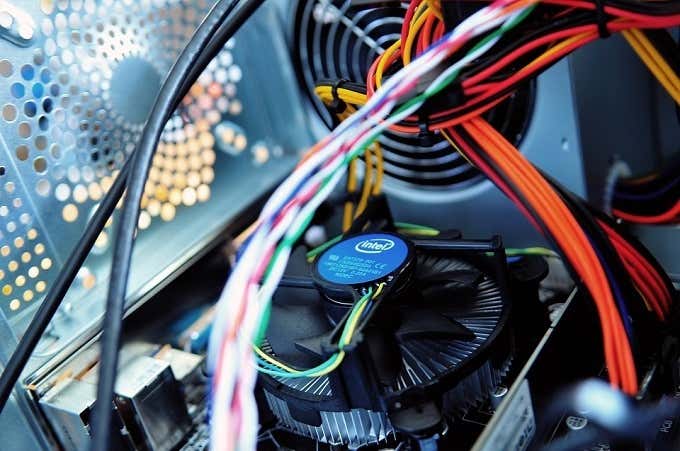
The Weakest Link
The ideal computer is built from a mix of components that are well matched to each other. You don’t want a situation where one component is holding the entire system back because it can’t keep up.
This issue is the bane of pre-built computers, especially budget models. System builders will allocate budget to headline components such as the CPU and the scrimp on other components to stay below a target price.
The end result is a pretty unbalanced machine. Alternatively, your computer may have been just fine when it was first built, but now one or more components can’t keep up with new software.

We’ll go over each major component in turn, looking at how to know if it needs an upgrade or not. However, upgrades are not always the only way to go. Check out some of these RAM, GPU and CPU tuning utilities.
The CPU
The CPU or Central Processing Unit does all the general-purpose number crunching of the computer. Everything the computer does depends in some way on the CPU. How can you know if your CPU is underpowered?
The most obvious way is to let the software you want to use be your guide. Applications and games usually come with a minimum and recommended CPU spec. If your CPU falls below the minimum, that’s a rather obvious sign you need something new.
Regardless of on-paper requirements, to figure out if your CPU is holding you back you need two things. The first is a CPU usage monitor and the second is simply your own eyes. What we want to do is see how much of the CPU’s capacity is being used while you go about your business.
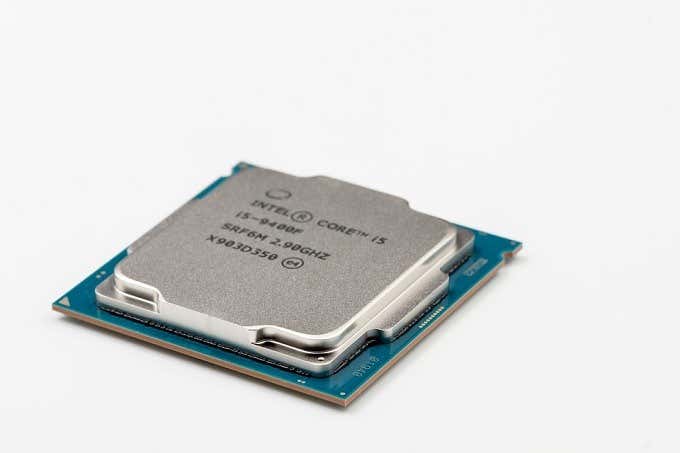
For desktop applications, you can simply use the built-in performance monitor in Windows Task Manager. This will show you the percentage of your CPU capacity in use. If you are a gamer on Windows, then you can use the Windows Game Bar (by holding Win+G during a game) and pin the performance widget on the bottom left on the screen, so you can see what’s happening with your system while you play.
Here’s the tricky bit – having your CPU pegged at 100% during operation isn’t necessarily a sign that it needs an upgrade. There are many tasks (such as video conversion or rendering) that will always use 100% of the available CPU capacity. Regardless of whether you have the fastest CPU in the world or the slowest. The only effect is that the job will take longer to complete on slower CPUs.
If this is the sort of job you need your CPU to do, then you’ll have to decide whether the time it takes with your current hardware is acceptable or not. For professionals for whom time is money, halving production time may be worth far more than the cost of an upgrade.
Where poor CPU performance really hurts is for real-time computer use. If your CPU is showing high levels of usage when using applications and system responsiveness is poor, getting a faster model may be a good idea.
CPU Upgrades for Gamers
For gamers, it’s a little more complicated. The desirable situation is to be “GPU-limited”. That is, the maximum performance of your video games should be limited by your graphics chip and not CPU.
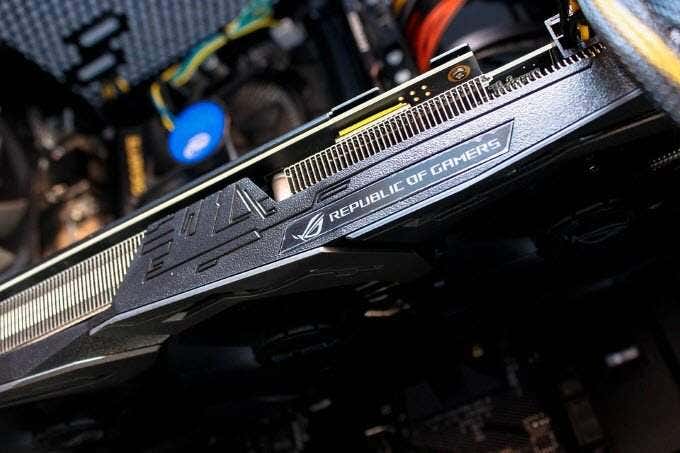
In the Windows Game Bar performance widget, you want to see 100% (or close to it) GPU usage and sub-100% CPU usage. If the situation is reversed, then you’ll experience stutters and possibly unacceptable frame rates.
You can work around this in various ways without a hardware upgrade. Limiting your frame rate using your GPU utility, in-game settings or simply Vsync can take some stress off your CPU and smoothe out the game. You can also try increasing game graphics settings to the point where the GPU becomes the limiting factor, giving the CPU some time to breathe.
RAM – Random Access Memory
RAM is the fast storage space your CPU uses when working with data. Running applications reside in RAM while in use, which means you need enough of it to fit all the programs you want to run at once.
If you don’t have enough RAM to hold your running applications, it can seriously impact your computer’s performance. Since the computer is forced to store the overflow on your hard drive using something called a “paging file”. Since hard drives (and even SSDs) are much, much slower than RAM you’ll really feel the performance impact.
How do you know if you’re running into this issue? Well, checking the amount of RAM in use doesn’t actually help much. That’s because modern operating systems try to predict what you’ll want to do next and pre-load data into RAM in anticipation of this.
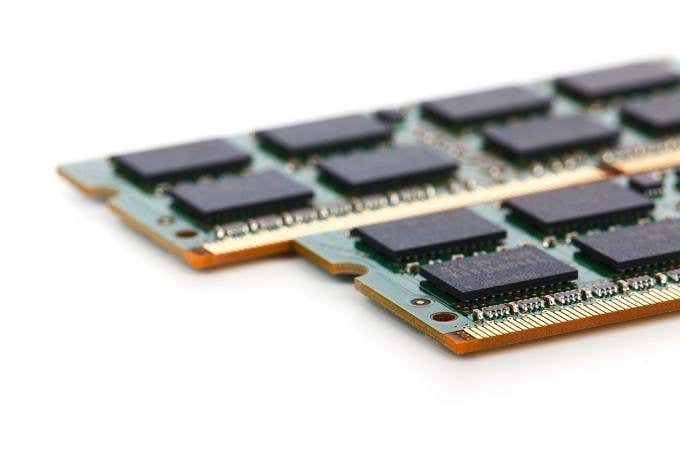
Instead, a better option is to check the actual RAM usage of the applications you are running and see whether it adds up to more (or nearly as much) RAM than you have.
Upgrading isn’t automatically the answer. For one thing, you can decide not to run all your applications at once. For example, if you are a gamer you could try closing applications (such as your browser) when playing, instead of letting it soak up system resources in the background.
You may also be wondering about RAM speed. This is almost never a concern and putting in faster RAM for its own sake rarely makes any sort of practical difference. However, if you are swapping out your current RAM for new sticks with more capacity, you may as well opt for units as fast as your motherboard is rated for.
The GPU
The GPU or Graphics Processing Unit is a specialized chip that handles graphics rendering duties on your computer. It can be built into your CPU package, soldered onto the motherboard as a separate unit (as is usual with laptops) or exist on its own separate expansion card. Which is the norm for desktop computers.
While the GPU is designed to handle graphics rendering work, it can also perform other more general-purpose jobs. These days it’s often used to quickly perform certain types of computations that CPUs aren’t great at. Video editing programs, for example, often include the option to let the GPU accelerated video rendering.
When it comes to these general-purpose jobs, determining if a GPU is fast enough works the same as with a CPU. You need to decide if the time taken to complete the job is fast enough for your purposes.
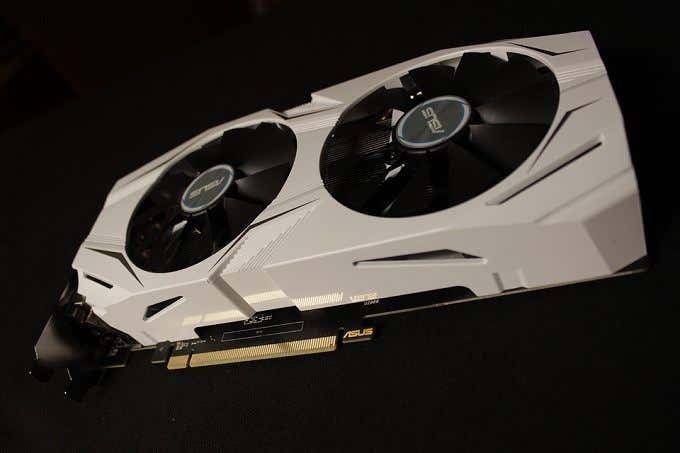
When it comes to real-time rendering applications such as video games, then we want to see a frame rate that’s high enough at a given resolution and detail level.
What’s a good frame rate? Well, that’s largely personal preference. A common target is a stable 60 frames per second. Since the majority of consumer displays refresh their image at 60Hz, any frames rendered above that number are wasted.
That being said, there are now specialized gaming monitors with refresh rates well over 100hz, in which case you will actually benefit from letting your system push out more frames, if it can. If you are a gamer, it’s pretty important to buy a GPU that won’t be held back by your existing CPU. Check out our GPU bottlenecking guide for more info on this issue.
Hard Drives
Do you need to upgrade your computer’s hard drive? It’s actually a pretty sophisticated question. If you are simply running out of space on the drive you currently have, it might just be simpler to delete some stuff. Uninstall programs you aren’t using.
Clear out your recycle bin and all the other things on the list of ways to free up space. With cheap cloud storage these days, you can even shift your data into the cloud using a service like DropBox. Which is certainly much cheaper (and secure) than buying a new hard drive.
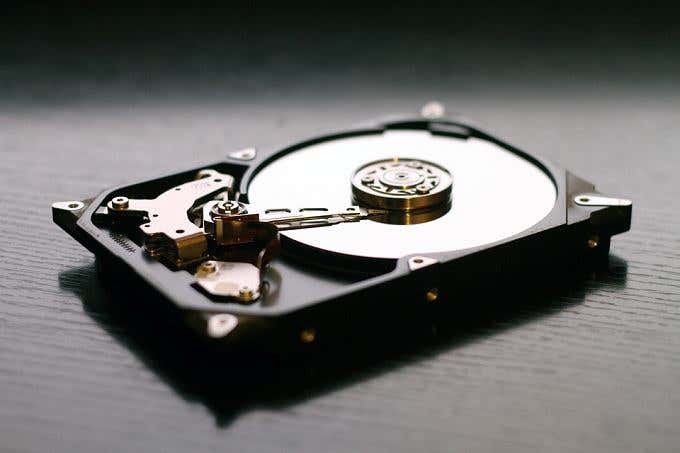
There’s more to hard drives than just storage space however. Hard drives have different performance levels as well. In just about every home computer that exists, the hard drive is the slowest component. Mechanical hard drives, which use spinning platters and magnetic read heads, are limited by the laws of physics when it comes to how quickly they can find, read and transfer information from those platters.
Drives with more platters, faster rotational speeds and large data buffers will perform more quickly. Modern solid-state drives (SSDs) have no moving parts at all. They can find and transfer data much, much faster than any mechanical drive.
If your computer has a mechanical hard drive as it’s main drive, it’s almost always worth upgrading to an SSD. In fact, it’s one of the most impactful upgrades for older computers, producing a bigger subjective performance increase in overall system responsiveness than anything else you could do.
Let The Software Be Your Guide
In the end, a computer is only a means to an end. In other words, it’s the software we really care about. Which means the primary driver of your upgrade plans should be the system requirements of the apps you want to run.
When trying to decide what to upgrade on your PC, it’s better to aim for at least the recommended requirements, rather than just the minimum. Since minimum requirements often mean a significantly compromised user experience.
Related Posts
Sydney Butler is a social scientist and technology fanatic who tries to understand how people and technology coexist. He has two decades of experience as a freelance computer technician and more than a decade as a technologies researcher and instructor. Sydney has been a professional technology writer for more than five years and covers topics such as VR, Gaming, Cyber security and Transhumanism. Read Sydney’s Full Bio
